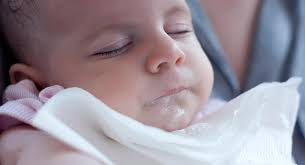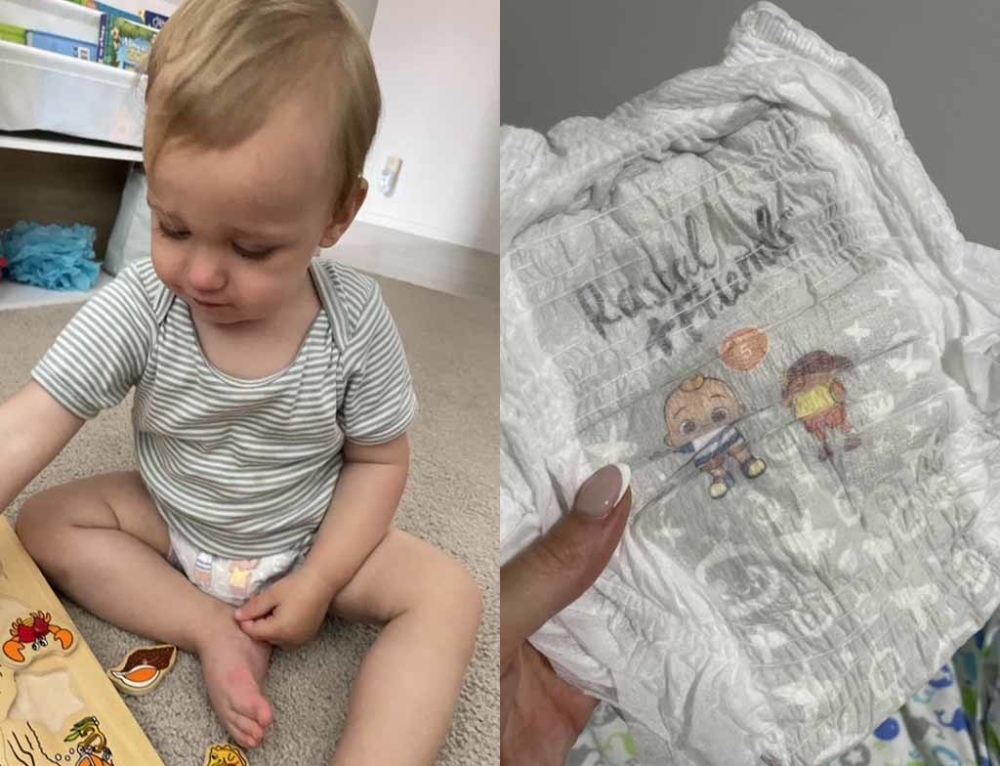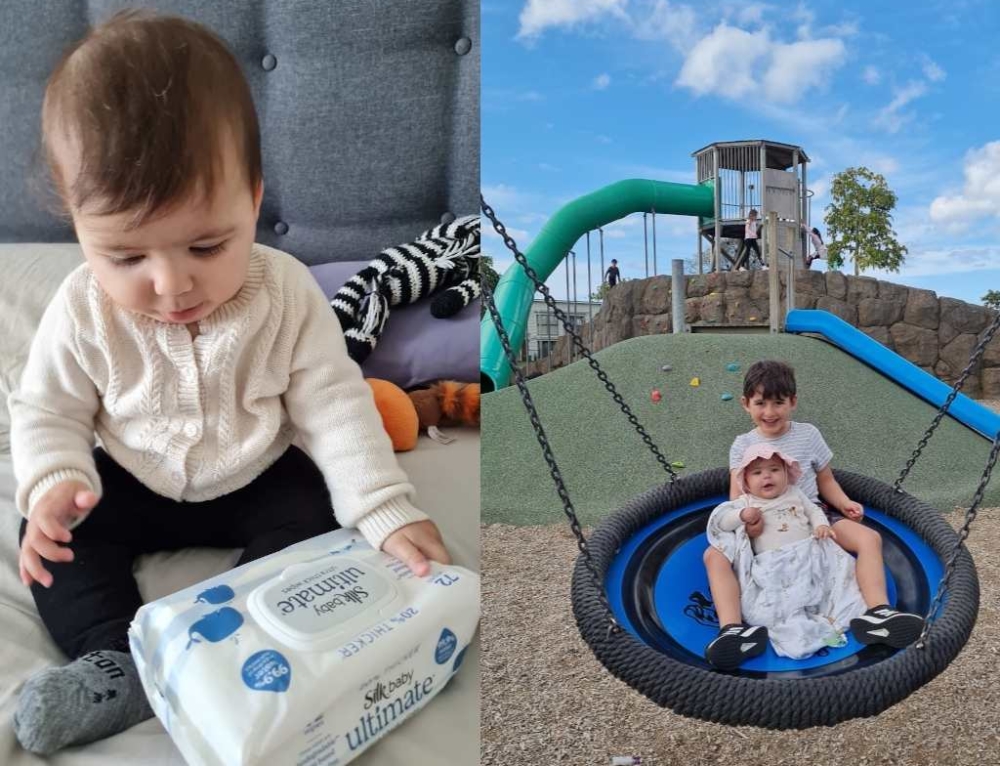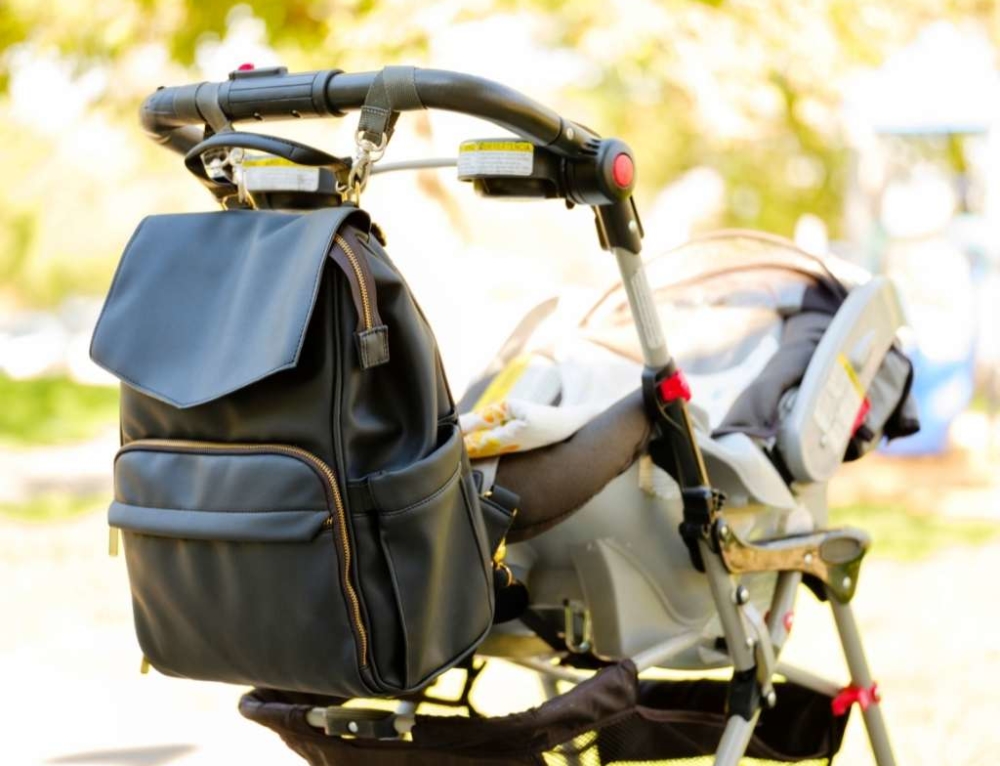At some point in the first couple of months of life, approximately 65% of all babies, regardless of whether they’re breast or bottle fed, will experience some lactase deficiency without any harm.
There is consistently 7% lactose in your breast milk, which cannot be altered regardless of dietary restrictions – reducing dairy from your diet will have no affect on the amount of lactose in your breast milk.
While it is uncommon, there are some babies who are born without any lactase enzymes, and so they have no ability to break down lactose. This is a very rare condition and babies affected will need a special diet from soon after birth. Much more common in babies, is secondary lactose intolerance as a result of gastroenteritis. You might think of taking your baby off the breast for a while to recover, however, human milk is still considered the best food and will assist with gut healing. You also need to consider other aspects that will be affected by a short break, such as your supply, and the affect it will have on your baby.
Is my baby lactose intolerant?
There are various ways to test for lactose intolerance, including:
- Hydrogen breath test. This tests the amount of hydrogen that is breathed out. When the undigested lactose begins fermenting in the gut, hydrogen is produced.
- Elimination diet. This should only be done under the guidance of a specialist, and involves removing lactose rich foods from your baby’s diet to see if her symptoms improve. If the symptoms reappear once the foods are reintroduced, then it is most likely that she has lactose intolerance.
- Comparison test. A cheap and simple ‘test’ you can do at home is to give your baby lactose-free milk, and watch to see if she can tolerate it better than regular milk.
Find More
- Sign up for your expert FREE weekly email guide to baby’s first year
- Lactose intolerance
- Managing lactose intolerance
Common Sense Advice. Share your experiences, tips and advice on Kidspot Social.
This article was written by Ella Walsh for Kidspot – New Zealand’s parenting resource for newborns and baby. Sources include Vic. Govt’s Better Health Channel.







Leave A Comment
You must be logged in to post a comment.